176 ethnic Rohingya villages now empty: Myanmar
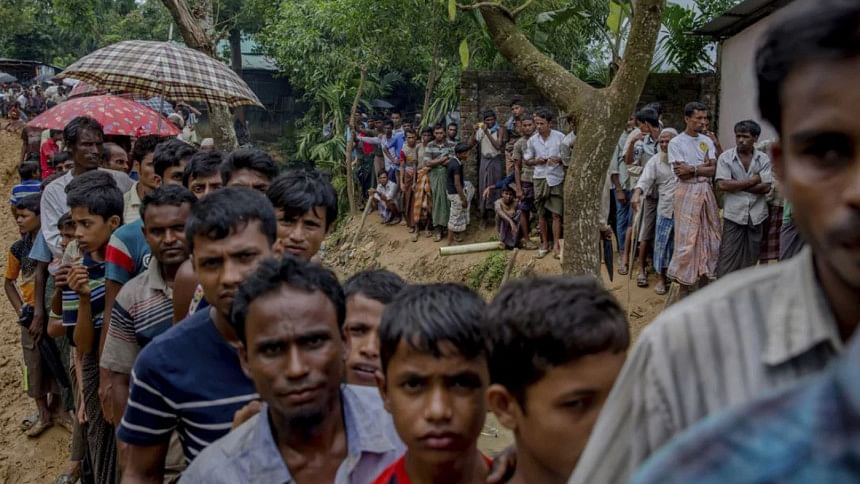
Myanmar presidential office spokesman Zaw Htay has said 176 of 471 ethnic Rohingya villages in three townships are now completely empty and at least 34 others are partially abandoned.
He said at least 86 clashes occurred through September 5, but none since. "What that means is, when the security forces are trying to stabilize the region, they have succeeded to a point," he said.
The crisis erupted on August 25, when an insurgent Rohingya group attacked police outposts in Rakhine and Myanmar's military responded with "clearance operations" against the rebels. The ensuing violence has left hundreds dead and set off the refugee exodus, with new arrivals crossing the border into Bangladesh each day.
The government blames Rohingyas for the violence, but journalists who visited the region found evidence that raises doubts about its claims that Rohingyas set fire to their own homes.
Many of the Rohingyas who flooded into refugee camps in Bangladesh told of Myanmar soldiers shooting indiscriminately, burning their homes and warning them to leave or die. Others said they were attacked by Buddhist mobs.
Bangladesh has been overwhelmed with the massive influx of Rohingyas, many of whom arrived hungry and traumatized after walking for days through jungles or being packed into rickety wooden boats.
Thousands lined up on Wednesday outside a makeshift relief center in Cox's Bazar district that was distributing rice, sugar and other relief materials.
Mamunur Rashid of the International Organization for Migration said the supplies would be enough to help about 5,000 people.
The head of the UN High Commission for Refugees said humanitarian assistance to the fleeing Rohingyas will increase "very, very quickly."
Asked why the response has been so slow, Filippo Grandi alluded to difficulties working in Bangladesh, but said he hoped this will change as the scale of the crisis becomes more apparent.
It is the government's "responsibility to ensure that security returns to Rakhine," Grandi told The Associated Press in Sweden at the opening of the Stockholm Security Conference.
Bangladesh already was housing some 500,000 Rohingyas who fled earlier flashes of violence including anti-Muslim riots in 2012. Many newcomers were staying in schools or were huddling under tarps in makeshift settlements along roads and in open fields. Basic resources were scarce, including food, clean water and medical aid.
Bangladesh Prime Minister Sheikh Hasina has pledged to help the new arrivals, but demanded that Myanmar "take their nationals back."

 For all latest news, follow The Daily Star's Google News channel.
For all latest news, follow The Daily Star's Google News channel. 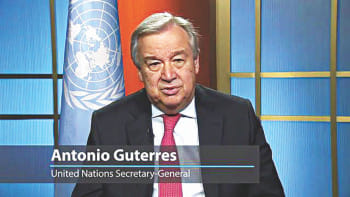
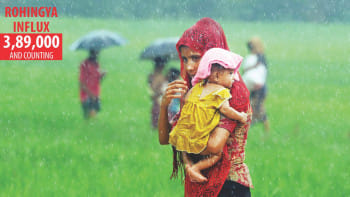


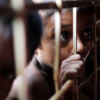
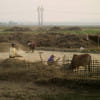
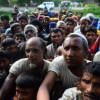
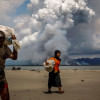
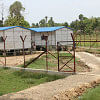


Comments